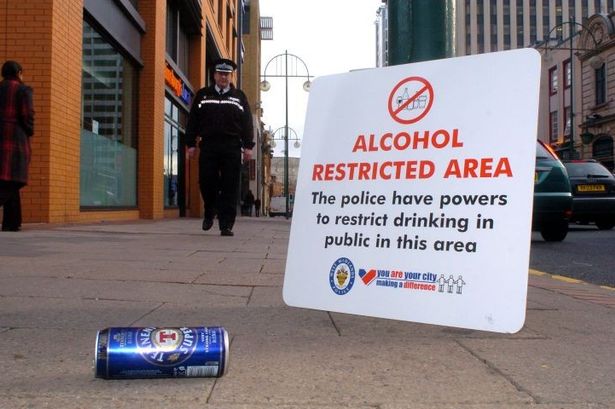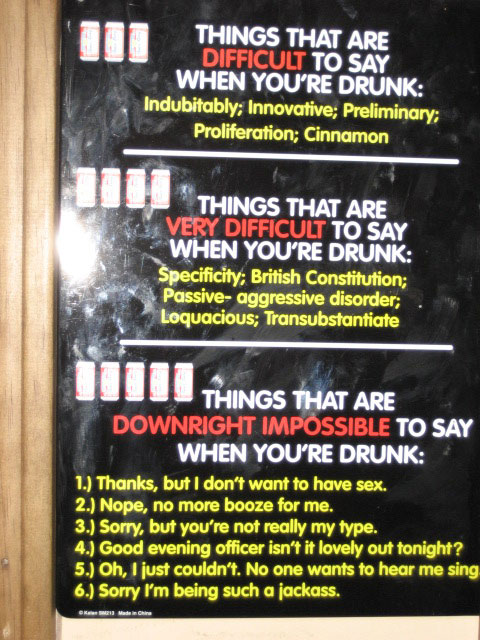A Community Alcohol Partnership (CAP) was launched in York on Monday (12 April 2021) to highlight the risks of underage drinking and improve the health and wellbeing of local young people.
CAPs are made up of partnerships between local authorities, police, schools, retailers, neighbourhood groups and health providers, working together to prevent alcohol-related harm to young people and improve the quality of life for residents. 215 schemes have now been launched across England, Scotland and Wales.
In York, partners include North Yorkshire Police, City of York Council, Licensing, Youth Justice, Youth Commission, schools, alcohol retailers and community organisations.
The CAP will work with youth services and local organisations to provide alcohol-free activities for young people. It will also work with local schools to take a proactive approach to alcohol education and ensure that young people are equipped to make the right decisions about issues including alcohol and drugs and anti-social and criminal behaviour. Working with local retailers aims to help them avoid making underage sales and reduce ‘proxy’ sales where adults buy alcohol for under-18s.
The national CAP annual report, launched at the end of March, shows how this innovative partnership approach has brought significant reductions around the UK in alcohol supply to children, alcohol-related anti-social behaviour and underage street drinking.
Nationally, CAP evaluations for the period 2016-2020 show:
- 61% average reductions in weekly drinking among 13-16 year olds
- 99% of retailers passed Challenge 25 compliance test for alcohol sales
- 86% of retailers did not sell alcohol when they suspected it was a ‘proxy’ sale
- 50% reduction in young people hanging around shops and asking adults to buy alcohol for them
- 42% reduction in youth alcohol-related anti-social behaviour
Derek Lewis, chair of Community Alcohol Partnerships, said: “I am delighted to see the launch of a CAP in York. Underage drinking is associated with school and educational problems, unprotected sex, drug-taking, violence and drinking problems in later life. In just over a decade CAP has set up more than 200 partnerships around the UK and our evaluations show they are having a significant impact on reducing children’s alcohol consumption, improving their health and wellbeing and enhancing the communities where they live.”



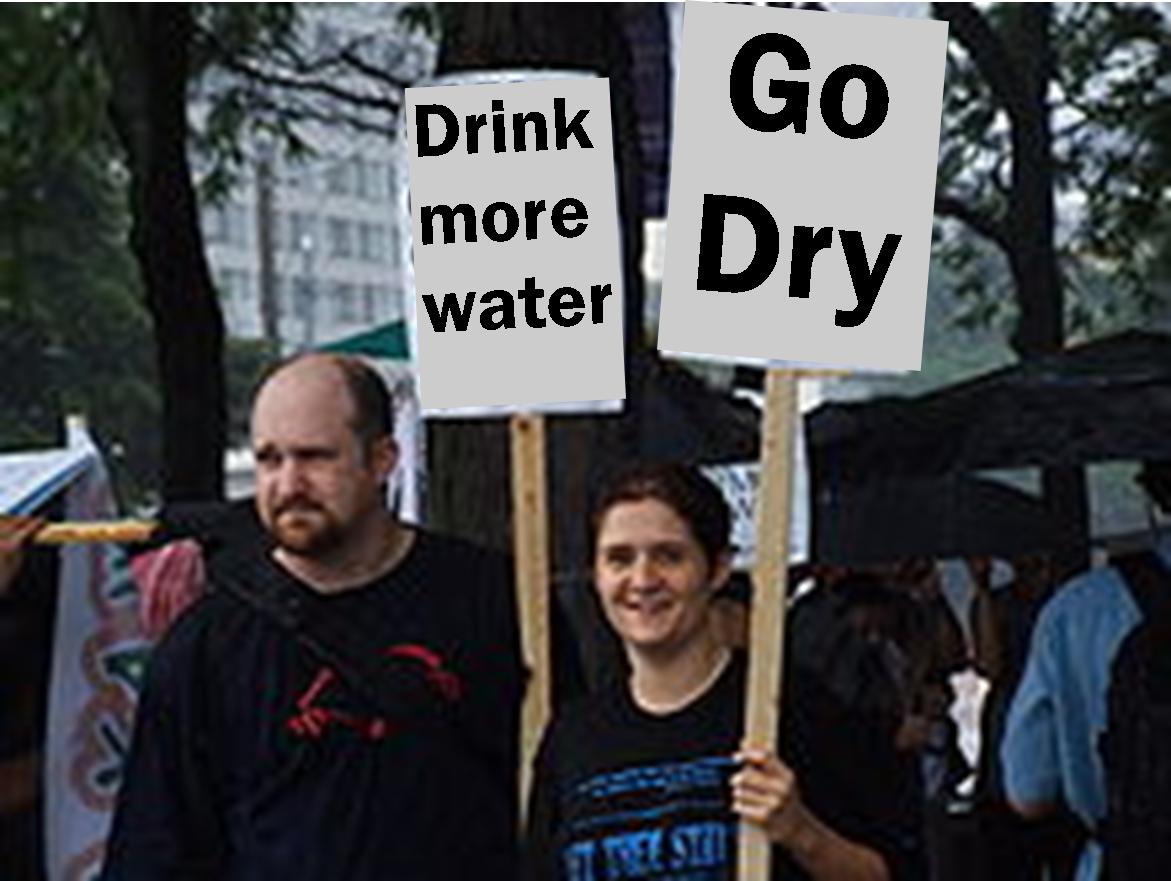 City of York Council is supporting calls for residents in the city to try having a Dry January in 2019 and enjoy the benefits from having a break from drinking.
City of York Council is supporting calls for residents in the city to try having a Dry January in 2019 and enjoy the benefits from having a break from drinking.
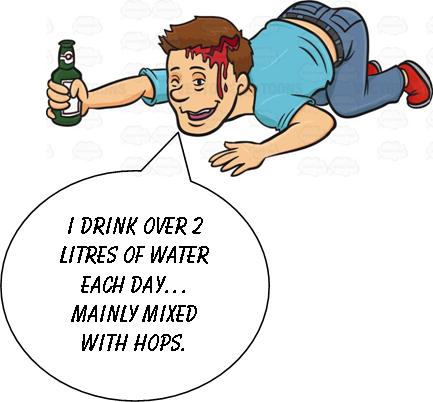
 An application by JRHT to modify the license that they have for the sale of alcohol at Hartrigg Oaks elderly persons complex has run into opposition.
An application by JRHT to modify the license that they have for the sale of alcohol at Hartrigg Oaks elderly persons complex has run into opposition.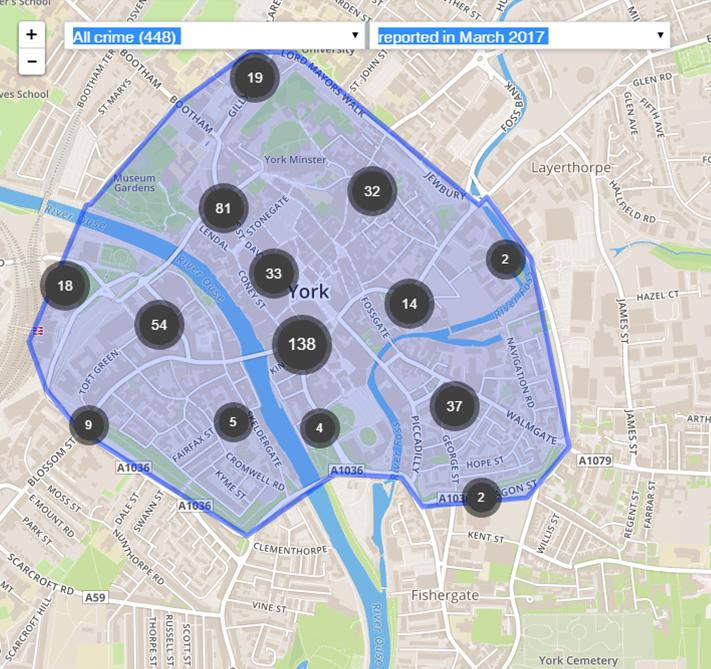
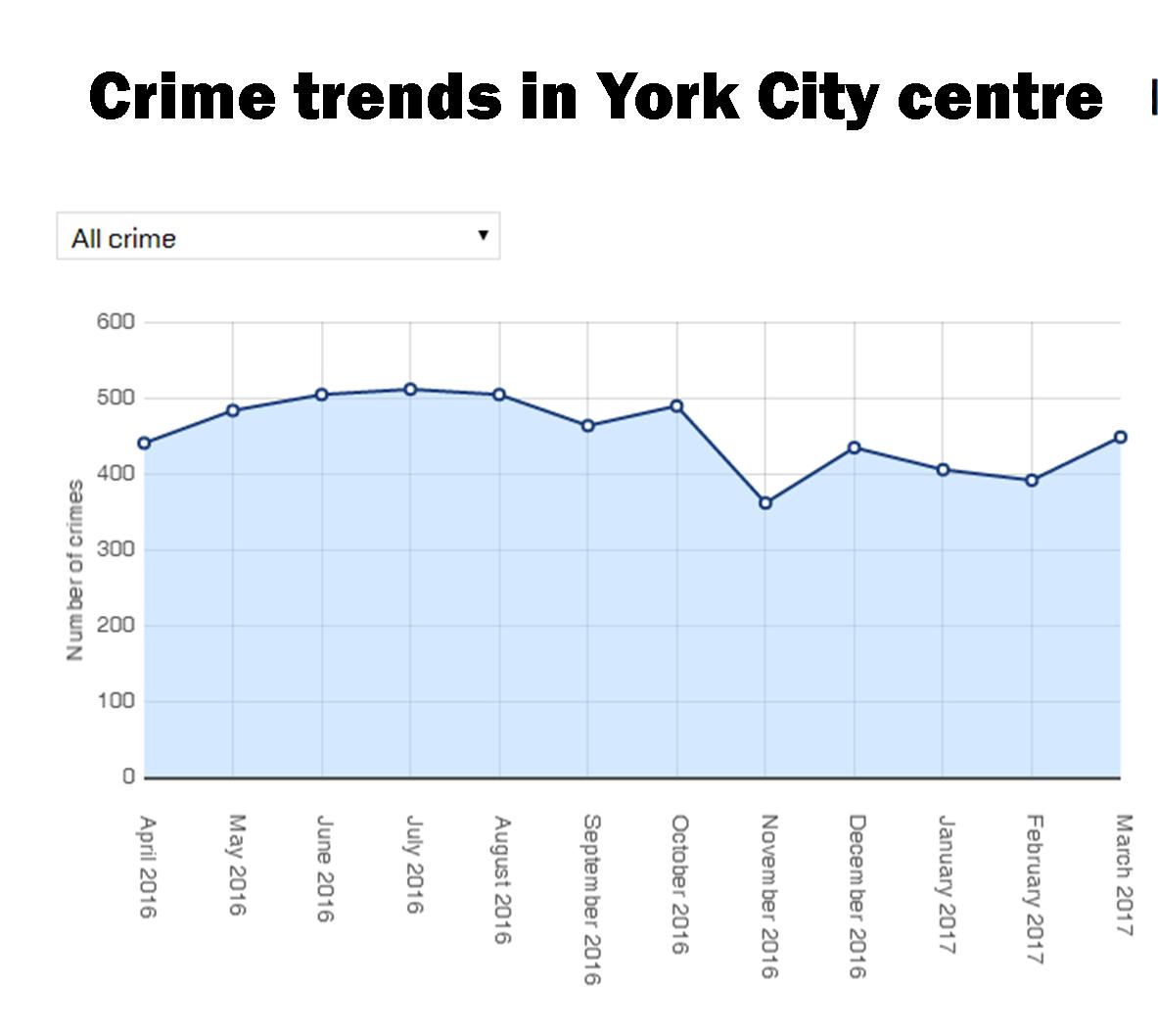
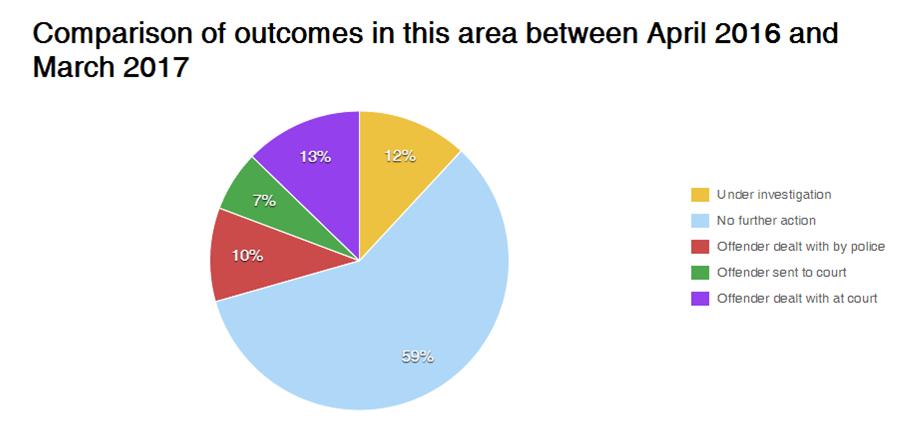
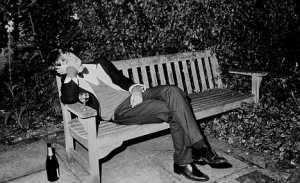 City of York Council along with other partners are seeking views on a new city-wide alcohol strategy for York.
City of York Council along with other partners are seeking views on a new city-wide alcohol strategy for York.

